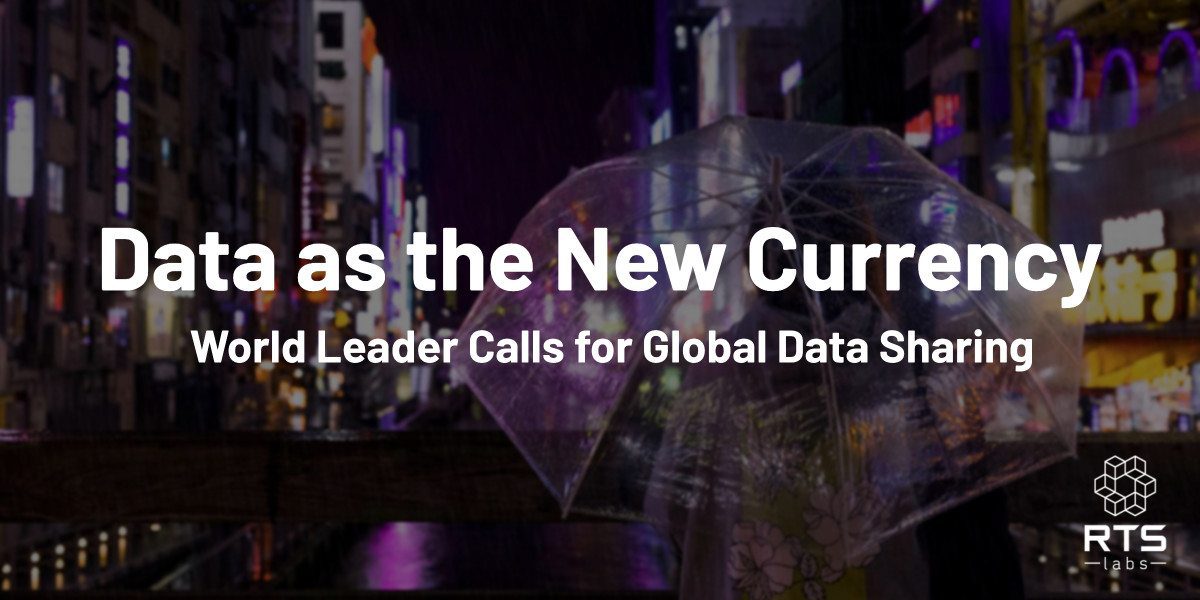When Japanese Prime Minister Shinzo Abe called for countries “to rebuild trust toward the system of international trade” at the World Economic Forum in Davos, Switzerland, this week, he specifically pointed to making data and intellectual property a key part of that free trade. Prime Minister Abe recognizes data as the new currency, which is why this world leader is calling for global data sharing.
Japan, which has been experiencing slower global growth, needs the free flow of data, intellectual property and ideas in order to compete in the global economy. As Japan makes economic deals with other countries, such as the Trans Pacific Partnership, which it signed in 2018, and a new trade deal with the European Union set to take effect February 2019, Mr. Abe is acutely aware of the important role data will play. He said, “The engine for growth is fueled no longer by gasoline, but more and more by digital data.”
While data may be an important driver of economic growth, Mr. Abe also suggested that data sharing will be the key to making better lives for people and possibly solving humanitarian problems in the future. He told the audience, “It [data] will bring about a new reality for humanity. Our cities will be made much more liveable for all sorts of people, from all walks of life.”
Why is including data in this speech so remarkable?
Just as it was a surprise to hear President Barack Obama refer to data as the key to curing cancer in his 2016 State of the Union speech (because it was the first time a sitting president had referred to data in the State of the Union), it’s amazing to hear a world leader calling out the importance of data at a global summit.
Why? Because it used to be that data, business intelligence, and artificial intelligence were relegated to the realms of nerds, scientists and tech geeks. The fact that data – and more importantly the power that data holds – is now part of everyday conversations and speeches by world leaders shows how far we’ve come in collecting, cultivating, and applying data in practical ways.
Click on the links throughout this article to read extended coverage of Mr. Abe’s speech and get more details.
And if you’re wondering how data can help you in your own organization – well, you might be surprised. No matter how big or small your operation is, no matter how big or small your need is, there are scalable data solutions and business intelligence solutions for nearly everyone.
Go to our archived article, “7 Real-Life Examples of How Business Intelligence Can Transform a Business,” to read more about how seven different clients in different industries achieved harnessed the power of data with new business intelligence tools. You can also download the full case studies.
[blog_shortcode id=”9917″]
